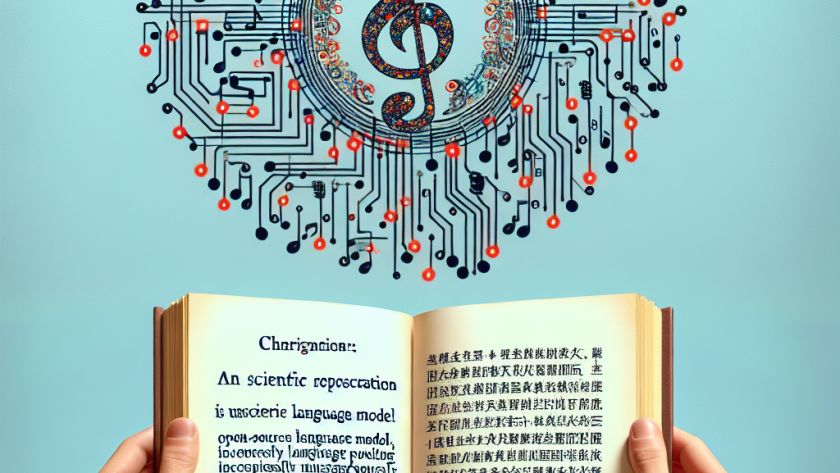Reinforcement Learning (RL) is a crucial tool for machine learning, enabling machines to tackle a variety of tasks, from strategic gameplay to autonomous driving. One key challenge within this field is the development of algorithms that can learn effectively and efficiently from limited interactions with the environment, with an emphasis on high sample efficiency, or…












